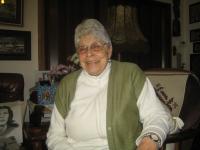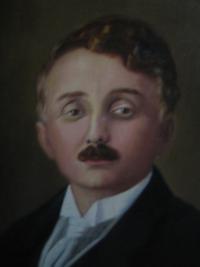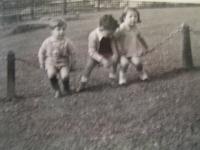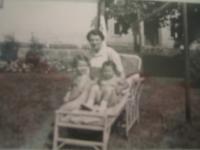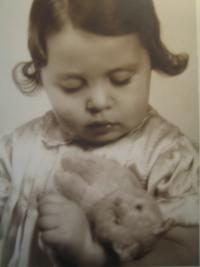We only survived the war because we emigrated to England
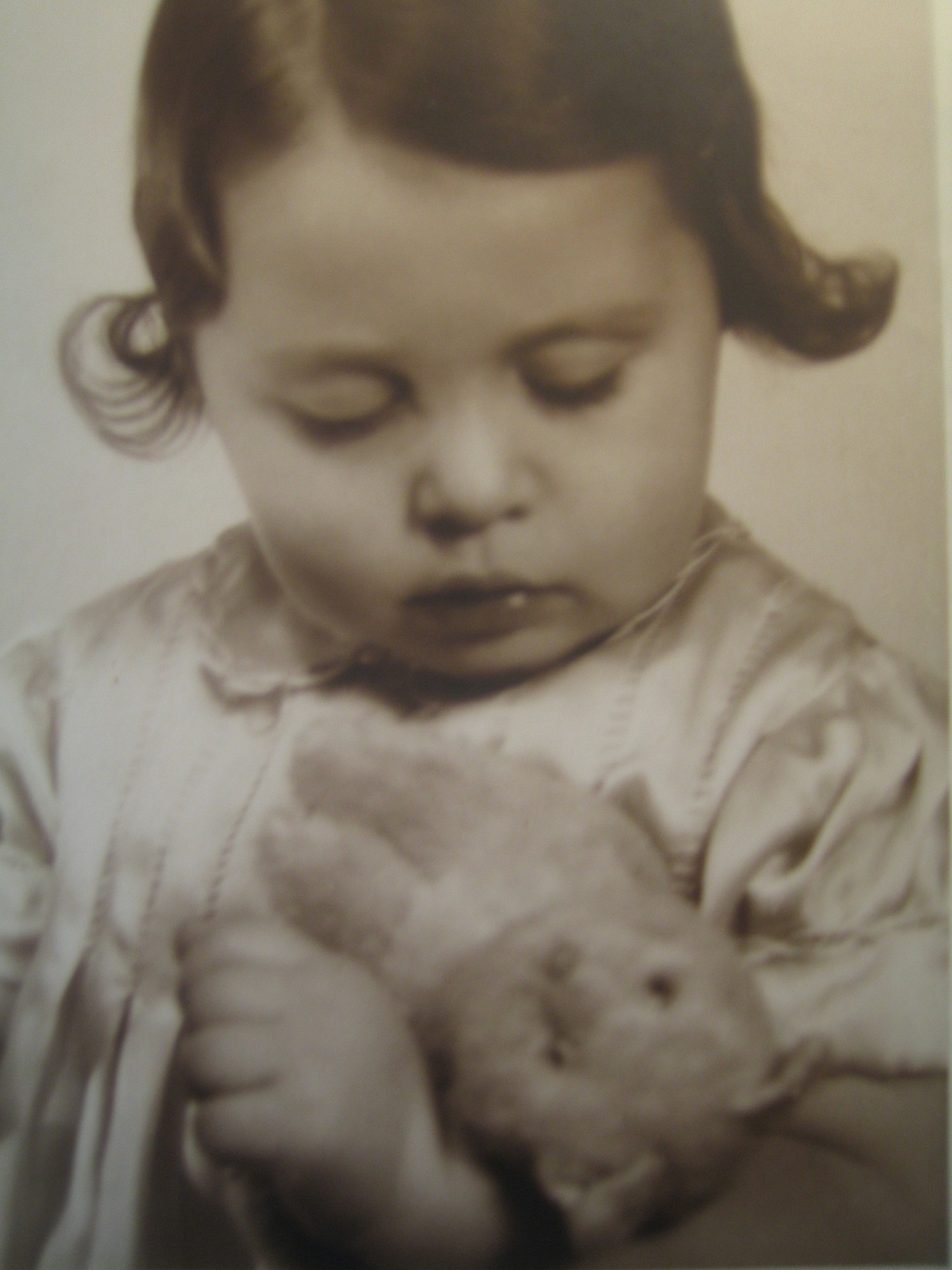
Download image
Eva Nosková, née Weissová, was born on 20 August 1936 into the family of Jewish merchants. Her grandfather and father built up a world-famous textile factory in Dvůr Králové with tens of villas located on their grounds. In those times the region was known as “Czech Manchester” and was renowned for its textile industry. When the war began, Eva’s father decided to emigrate to Great Britain with his family. At first they lived in London, but they later moved to the small town of Pateley Bridge in northern Yorkshire for safety reasons. Throughout the war her father served in a tank battalion of the Czechoslovak Independent Armoured Brigade. When the war ended, the family returned to Czechoslovakia. But as Jews and factory owners they were not welcome in the new regime. All their property was confiscated, Eva’s parents were not allowed to continue their jobs and they were forced to enter employment as manual labourers. Despite her problematic background profile, Eva succeeded in graduating in pedagogics, after which she was assigned to the border region. Eva gradually managed to adapt to the difficult conditions and even found herself a husband in the Carlsbad Region. However, a few years later the Communists refused to acknowledge her secondary school education and she was thus banned from teaching. In that time Eva’s mother died, and so she returned to Dvůr Králové to help her father care for her younger sister. While there she first worked at the local school, but she was later forced to work at a foundry. In the late 1970s she started working at a petrol pump. Eva was satisfied with the job as it meant that the Communists finally stopped persecuting her. After the revolution she began teaching English at the grammar school in Dvůr Králové. A study trip enabled her to revisit England and even see the house that her family had lived in. When the regime changed, she also applied for the restoration of her family’s property, but without success. In the meantime her father’s factory had become the world-famous JUTA a.s. She is currently trying to have a monument erected on the site of the Jewish cemetery that had been removed by the Communists. She would thus like to build on the success she achieved with the placing of a memorial on the site of the demolished synagogue.
